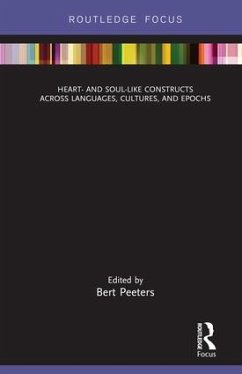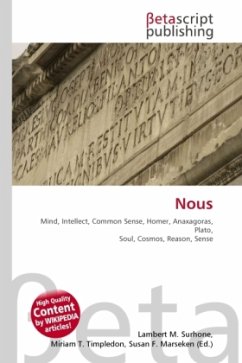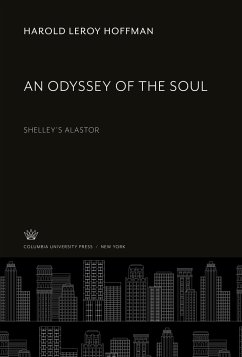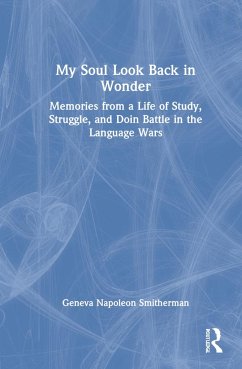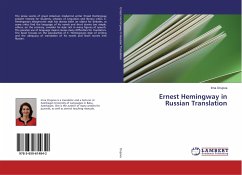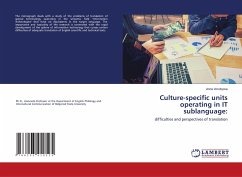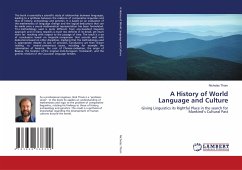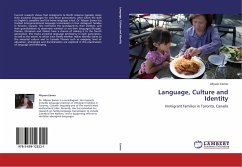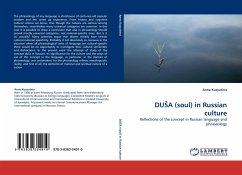
DU¿A (soul) in Russian culture
Reflections of the concept in Russian language and phraseology
Versandkostenfrei!
Versandfertig in 6-10 Tagen
32,99 €
inkl. MwSt.

PAYBACK Punkte
16 °P sammeln!
The phraseology of any language is storehouse of centuries-old popular wisdom and the saved up experience. From history and cognitive cultural science we know, that though the nations are various among themselves, nevertheless many universal categories are common. In this case it is possible to draw a conclusion that also in phraseology should prevail mostly universal categories, not national-specific ones. But is it so, actually? Many scientists argue that idioms initially have certain cultural-national specificity. Probably it not absolutely so, because in the situation when all phraseologic...
The phraseology of any language is storehouse of centuries-old popular wisdom and the saved up experience. From history and cognitive cultural science we know, that though the nations are various among themselves, nevertheless many universal categories are common. In this case it is possible to draw a conclusion that also in phraseology should prevail mostly universal categories, not national-specific ones. But is it so, actually? Many scientists argue that idioms initially have certain cultural-national specificity. Probably it not absolutely so, because in the situation when all phraseological units of language are cultural-specific there would be no opportunity to investigate their cultural similarities and distinctions. In the present work the attempt of study of the concept du a in Russian, its significance for the culture and the ways of use of this concept in the language, in particular, in the domain of phraseology, was undertaken; for the phraseology reflects metalinguistic reality, and first of all, the elements of material and spiritual culture of a nation.



